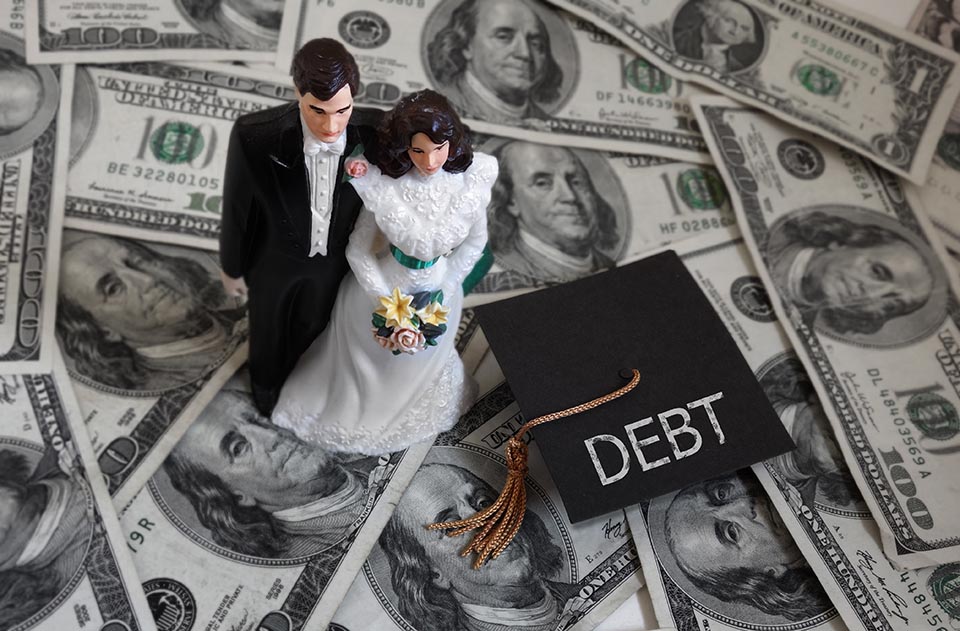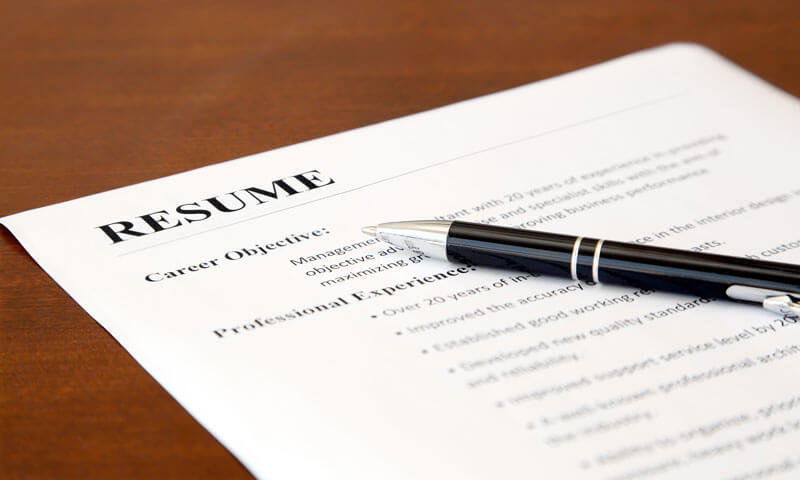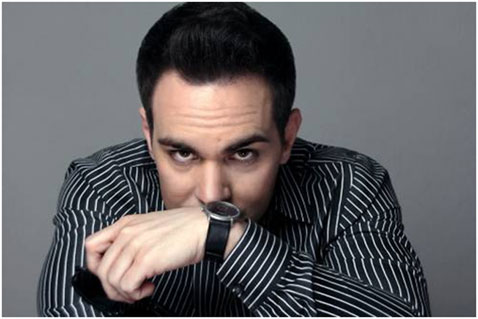
As it turns out, getting hitched and having kids is not a popular choice when you are saddled with $100,000 in student loans.
According to a recent survey conducted by the American Bar Association, young attorneys are putting off big life decisions like marriage, kids, and homeownership due to crushing student debts.
The ABA Young Lawyers Division conducted an online survey from March 1 to March 31, 2020, among more than 1,000 young lawyers in the early stages of their careers with a goal to quantify the impact of the educational debt on new lawyers’ career paths and life decisions.
The survey found that the median cumulative debt at law school graduation among those who completed the survey was $160,000, which is close to the national average of cumulative debt for all law school graduates of $145,500 in 2016, according to the U.S. Department of Education.
More than half of the respondents — 56% — said they put off the decision to buy a house because of their student debt, while 29% said they either decided to not get married because of debt or opted to postpone getting married. And almost half of the survey respondents — 48% — said because of their debt they are either delaying or deciding not to have kids altogether.
Young lawyers had to put on hold decisions like buying a car or going on vacation. Nearly half (46%) of respondents said they postponed or decided not to buy a car because of their debt and 33% said they got a less expensive car than they originally wanted. More than half (58%) said they postponed or decided not to take a vacation because of their debts.
“Participants said heavy student loan debt is affecting virtually every aspect of their lives,” reads the debt portion of the ABA’s 2020 Profile of the Legal Profession.
The Education Department is due to release an updated figure later this year. Among all law school graduates, 71% took out educational loans in 2016, which is down from 92% in 2008.
Out of the 1,1000 ABA survey respondents, 40% said their student loan load increased notably since their graduation, and one-quarter of the survey respondents provided open-ended responses about the shadow that educational debt has cast on their lives.
“There was an underlying theme of unhappiness, frustration, and fear stemming from loan burdens,” the report reads. “Many mentioned issues with mental health and some cited depression. Others mentioned an inability to save for the future or retirement, as well as difficult choices related to healthcare for themselves or their family.”
According to the survey, Hispanic and Black attorneys have higher student debts than their caucasian peers, as two-thirds of the Black attorneys who responded to the ABA’s poll said their debt is higher now than when they graduated law school.
Crushing student debt is not only influencing the life path of new attorneys but it affects their career paths as well. Among the survey respondents, 37% said they chose a job that paid more over a job they actually wanted. And 17% said they opted for a job that qualifies for student loan forgiveness over a preferred option.
Among all doctoral graduates in 2016, the average cumulative debt for law students was in the middle of the pack. The average debt was higher for medical students ($246,000) and doctoral students in health science professional practices ($202,400). Average debt was lower for Ph.D.s in education, ($111,900), Ph.D.s in fields other than education ($98,800), and doctorates that are not Ph.D.s ($132,200).














































